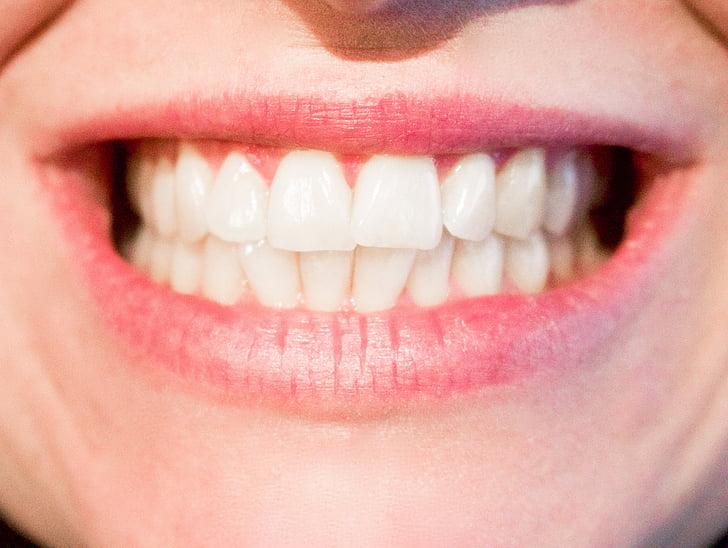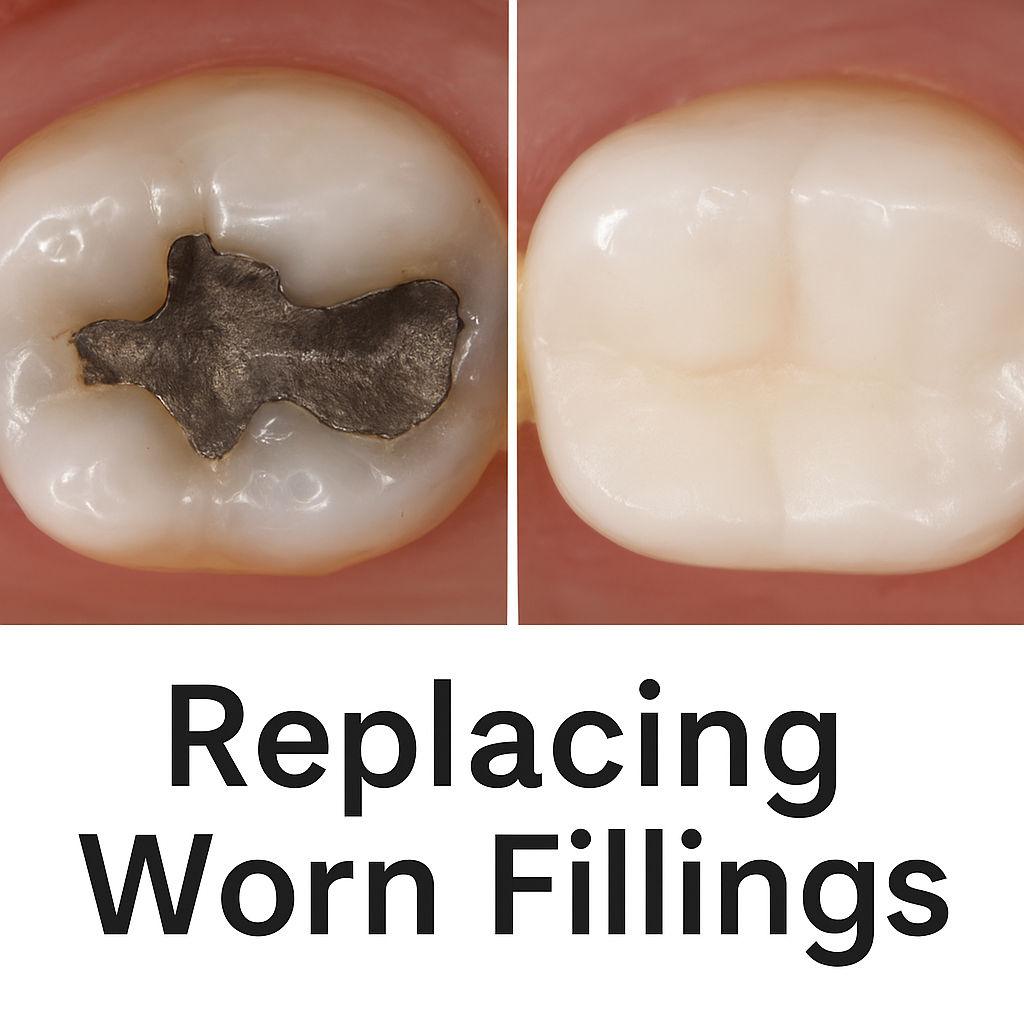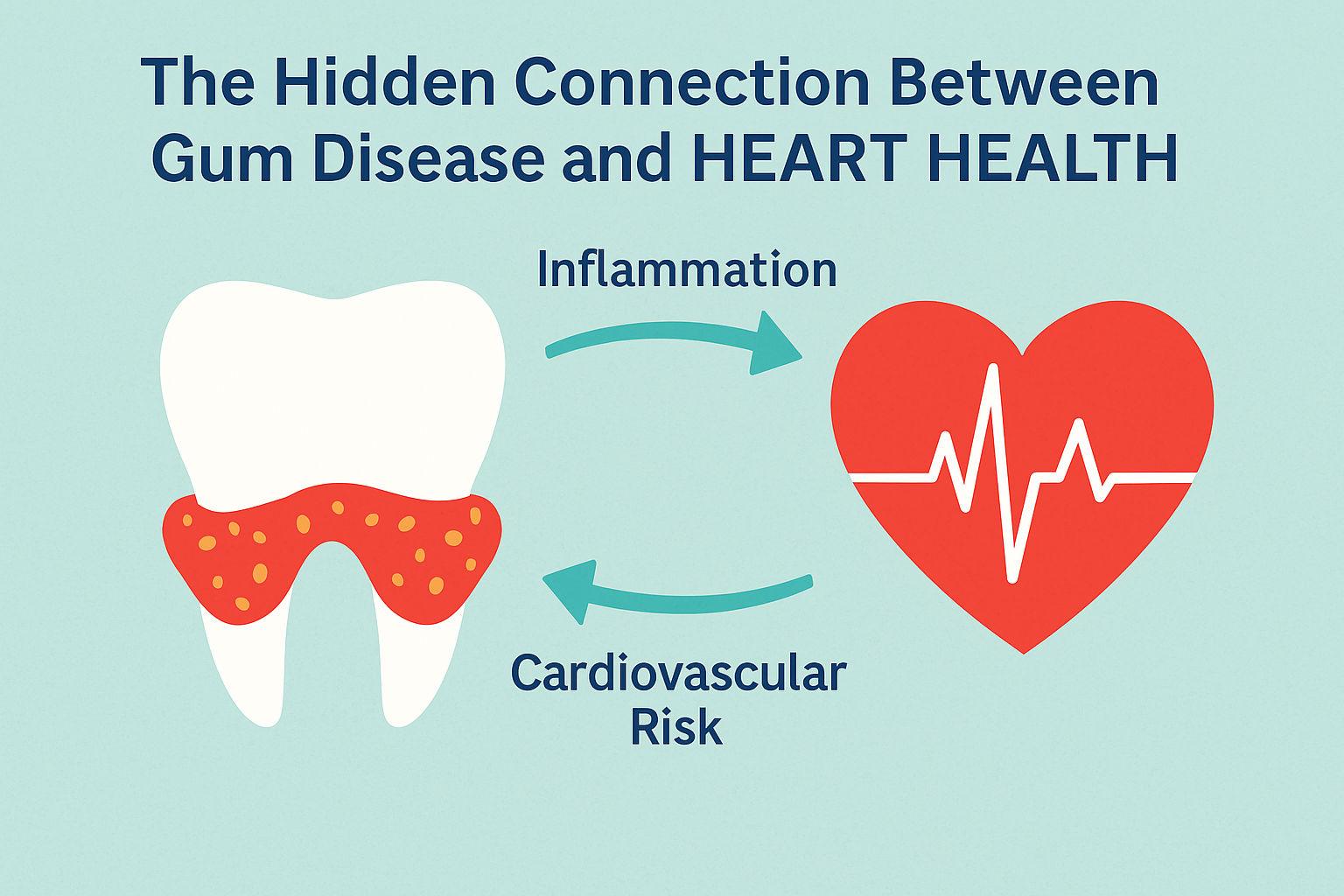So, your dentist has recommended a dental crown, and you find yourself at the crossroads of uncertainty. Making an informed decision about this potentially transformative and sometimes costly treatment requires understanding the ins and outs of dental crowns. From types and procedures to potential issues and aftercare, let’s delve into the world of dental crowns to equip you with everything you need to know.
What Is a Dental Crown?
Think of a dental crown as a bespoke hat for your tooth. Crafted by your dentist and meticulously shaped by a dental technician, this hollow shell snugly fits over your tooth to restore its shape, size, and, in some cases, enhance its appearance. Commonly known as dental caps, these crowns cover every part of the tooth above the gum line.
Materials for dental crowns vary, including porcelain, metal, or ceramic, with the choice depending on the tooth’s location and the biting surface. Typically applied to visible teeth, dental crowns serve as an excellent solution for both aesthetic enhancement and functional improvement, resulting in a natural-looking smile.
Why Are Dental Crowns Needed?
Dental crowns offer a dual benefit, contributing to both structural integrity and aesthetic appeal. Whether addressing a damaged or decayed tooth, reinforcing a weakened tooth, or cosmetically concealing imperfections like large fillings or stains, dental crowns play a pivotal role.
Structurally, crowns protect and prolong the life of weakened teeth, such as those with recurring fillings or after root canal treatment. Cosmetically, they offer a tailored solution to enhance your smile, allowing you to choose colors and shapes that align with your preferences. Functionally, dental crowns can secure dental bridges or sit atop dental implants.
Common Types of Dental Crowns
- Metal Crowns:
- Pros: Known for strength and durability, making them ideal for back teeth.
- Cons: Less aesthetically pleasing, usually reserved for less visible areas.
- Porcelain Bonded Over a Metal Core:
- Pros: Strength with a more natural look, suitable for both front and back teeth.
- Cons: Prone to chipping, potential for a grey appearance at the gum line.
- Fully Porcelain Crowns:
- Pros: Lifelike appearance, allows light to pass through like natural teeth.
- Cons: More expensive, can be less transparent than natural teeth.
- Zirconium Crowns:
- Pros: Aesthetic appeal with strength, lightweight, and natural color.
- Cons: Higher cost, but offers a more natural-looking smile.
What’s the Procedure for Getting Dental Crowns?
The dental crown procedure typically involves two stages: preparation and fitting.
- Preparation:
- Tooth evaluation, x-rays, and vitality tests.
- Tooth reduction to accommodate the crown.
- Impressions or digital scans for custom crown creation.
- Temporary crown placement until the fitting appointment.
- Fitting:
- Removal of the temporary crown.
- Evaluation of the permanent crown’s fit and appearance.
- Patient approval before permanent cementing.
What’s a Post Crown?
In cases where tooth structure is insufficient, a post crown provides additional support. This involves placing a post in the tooth before cementing the crown, ensuring stability and longevity.
Does Getting a Crown Hurt?
Typically performed under local anesthesia, the dental crown procedure involves minimal discomfort. Patient experiences vary, and post-procedure instructions are crucial for optimal results.
How Do You Care for Temporary and Permanent Crowns?
- Temporary Crowns:
- Avoid chewing on the side with the temporary crown.
- Be cautious with sticky, hard, or chewy foods.
- Gently brush the temporary crown, and notify your dentist if it falls off.
- Permanent Crowns:
- Brush twice daily and floss regularly.
- Clean between crowns with dental floss or interdental brushes.
- Attend regular checkups for ongoing care.
How Much Do Dental Crowns Cost?
Cost varies based on factors like material and location. NHS dental crowns cost around $309, while privately made crowns start from $5470 and can reach $1314 for premium options.
Potential Dental Crown Problems
- Gum Recession:
- Addressed through regular oral care and dental checkups.
- Galvanic Action:
- Avoided by using the same metal type for crowns or non-conductive materials.
- Loss of Tooth Life:
- Rare, but regular dental care helps prevent complications.
- Loosening Crowns or Debonding:
- Promptly address with a dentist to assess and remedy the situation.
- Chipping:
- More common with porcelain crowns, may require replacement.
How Long Do Dental Crowns Last?
The lifespan varies (5 to 15 years for porcelain, 25+ years for metal). Proper care, location, and regular dental checkups contribute to longevity.
In Conclusion
Dental crowns offer a transformative solution for both structural and aesthetic dental concerns. Your unique case and preferences will guide the type of crown and care needed. Consult with your dentist to make an informed decision, ensuring a smile that lasts and dazzles for years to come.









